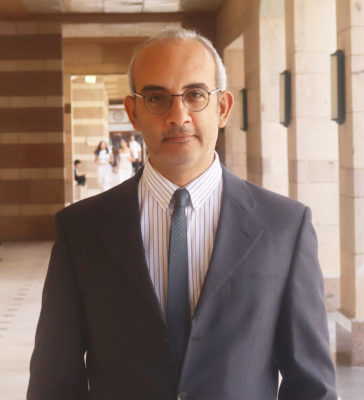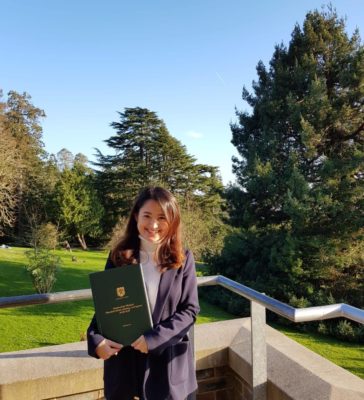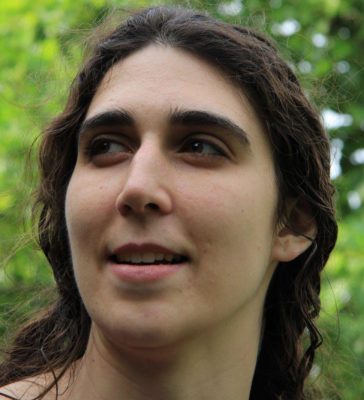
Mohamed Fahmy Menza
Current Employer/Organisation Name
American University in Cairo
What have you been doing since leaving Exeter, and what are you doing now?
I’m now the Senior Director of Executive Education at the School of Global Affairs & Public Policy (GAPP) in the American University in Cairo (AUC). Since finishing my PhD, I’ve been engaged in the fields of socioeconomic research, development, and cross-cultural education, whereby I developed a plethora of multidisciplinary educational initiatives within Higher Education Institutions in the Arab world, the Global South, Europe and North America, using virtual exchange pedagogies. I served as the Director of Dialogue Courses and an Affiliate Assistant Professor at AUC’s Core Curriculum and as the founding Program Manager of the Institute of International Education’s (IIE’s) flagship virtual exchange initiatives, HIVE/HIVER. As an academic, my research and teaching focus on state/society relations, informal and patronage networks and the political economy of development, on which I’ve developed and taught a variety of courses at Exeter University, AMIDEAST Egypt and AUC. I also provided consultancies to a host of international development organizations such as the World Bank, UN-Habitat, the Population Council and CARE International and my academic contributions, which include a wide variety of action-research development studies, peer-reviewed articles, book chapters and the book Patronage Politics in Egypt, were quoted in world-class publications such as The Economist, The New York Times and The Wall Street Journal.
Why did you choose this career? And what do you enjoy most about your work?
I chose this career because it’s what I’ve been passionate about since being an undergrad. I believe that sound socioeconomic research and analysis and multidisciplinary knowledge production processes aren’t only essential tools of enhancing our understanding of and engagement with our ever-changing world, but should also be integral components of the structure of any forward-thinking organization or institution.
What did you enjoy most about your programme and what was the biggest highlight?
Diversity and quality! My experiences at the University and within the city were really profound, on many levels, and I was always positively surprised by the level of social, cultural and intellectual diversity on offer both at IAIS and in the city as a whole. Having lived before in the UK, Exeter, was clearly, in more ways than one, a different place in terms of the openness of its people and their aptitude for a wide variety of artistic and cultural trends and activities. The quality of my educational experience at IAIS was simply paramount and I can still fondly remember the meaningful discussions and engagements I had there with professors and colleagues, both inside and outside the classroom. IAIS also gave me my first opportunity to teach as a PhD candidate, which was a tremendously enriching and enjoyable experience that played a huge role in laying out the foundations of my career.
What skills and experiences have been most useful for your career?
I think the capacity to be agile and open to continuously learn and develop throughout your career are among the most vital competencies one needs, especially in the field of Higher Education. Today’s exponentially globalized environment poses a multitude of challenges on Higher Education faculty and staff yet, at the same time, you can reap the benefits of being culturally engaged and in-tune with the changing global realities, almost instantaneously, which is very rewarding.

